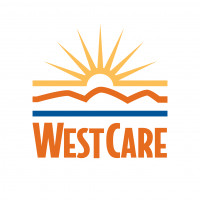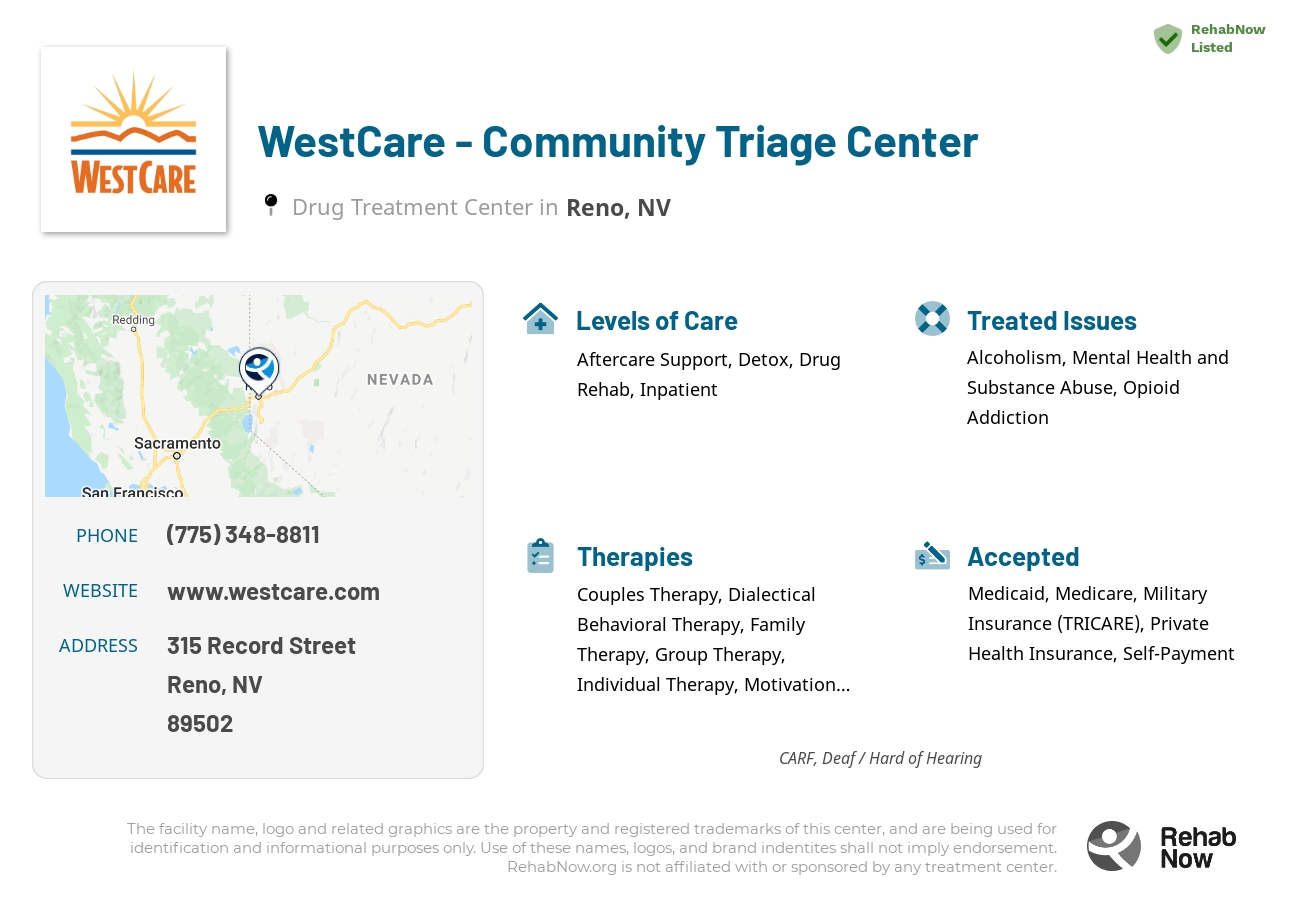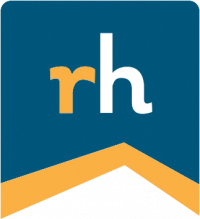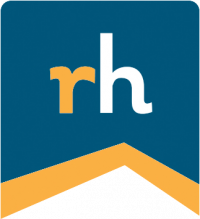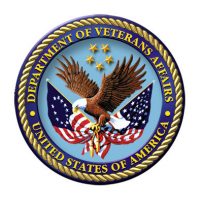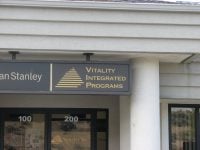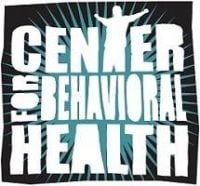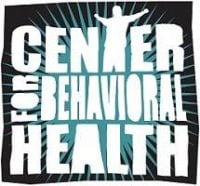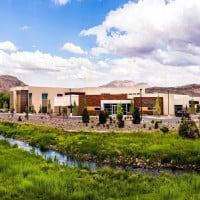WestCare - Community Triage Center
Drug Rehab Center in Reno, Nevada
WestCare - Community Triage Center is a CARF-accredited health center in Reno, NV that offers individualized care for people suffering from substance abuse and addiction, including aftercare support, detox, drug rehab and inpatient care.
Multiple patients have reported WestCare - Community Triage Center as permanently closed.
Research other rehabs in Reno, Nevada, or get help finding an open facility.
About
WestCare - Community Triage Center in Reno, Nevada, specializes in medically-supervised detoxification and crisis stabilization for individuals seeking freedom from substance abuse and mental health challenges. With a 20-bed capacity, the facility stands out for its comprehensive approach, including both medical and social detox and a focus on lifting the human spirit as part of the recovery journey.
Accredited by the Commission on Accreditation of Rehabilitation Facilities (CARF), WestCare - Community Triage Center demonstrates a steadfast commitment to high-quality care. The center offers a range of services, including detoxification, inpatient rehabilitation, and aftercare support, tailored to individuals struggling with addiction and dual diagnosis conditions.
- Each client receives a personalized care plan, emphasizing a holistic recovery process.
- The facility's team includes nurses, case managers, social workers, and psychiatrists, ensuring a multi-disciplinary approach to treatment.
- WestCare - Community Triage Center accepts private health insurance, making rehabilitation accessible to more individuals.
Treating a variety of issues such as alcoholism, opioid addiction, drug addiction, and dual diagnosis, WestCare utilizes a blend of detox, inpatient rehabilitation, and aftercare support. The facility's methods and care levels are designed to guide patients towards sustainable recovery and mental health stability.
Genders
Ages
Modality
Additional
Accreditations

CARF
The Commission on Accreditation of Rehabilitation Facilities (CARF) is a non-profit organization that specifically accredits rehab organizations. Founded in 1966, CARF's, mission is to help service providers like rehab facilities maintain high standards of care.
Conditions and Issues Treated
Within the past decade, opioid addiction has become a nationwide epidemic. The United States hosts one of the world’s highest rates of opioid use or abuse and has one of the highest rates of opioid-related deaths. In the United States, opioid drugs are classified as Schedule II-IV controlled substances due to their highly addictive properties and potential for abuse. These include morphine, opium, heroin, oxycodone, hydrocodone, methadone, and fentanyl. Physicians usually prescribe opioids to help control pain.
Over time, opioid users develop a tolerance for the drugs, which makes it difficult, if not impossible, to function without them. In turn, opioid users often resort to illicit means of obtaining the drugs. These means can include drug dealers, friends, and family members who do not have legitimate prescriptions for the drugs. Opioid addiction can quickly lead to heroin use, especially those seeking more intense highs than prescription opioids offer. Due to the high risk of overdose, heroin users are at a much higher risk for illness and death.
Levels of Care Offered
This center offers a variety of custom treatment tailored to individual recovery. Currently available are Aftercare Support, Detox, Drug Rehab, Inpatient, with additional therapies available as listed below.
Detoxification is a critical first step in treatment for drug addiction. Drug detoxification helps the individual withdraw from the drug by providing a controlled environment where symptoms can be managed through medication and close observation. Detoxification is an inflection point where the individual can get on a recovery track, but it’s also one of the most dangerous points in the recovery process.
In addition to going through physical withdrawal from certain drugs, a detox program also provides the individual with drug testing to monitor their progress. This way, if the individual is not ready for sobriety (such as if they relapse), the treatment professionals can catch it early on and use that opportunity to help re-orient the individual towards recovery.
Inpatient treatment centers offer a safe, secure, and often medically supervised environment for drug or alcohol-addicted individuals. Many of these facilities are equipped to provide detoxification, treatment for co-occurring mental health disorders, and aftercare programs.
The patient typically spends 28 to 30 days at the facility and will receive extensive drug counseling. They will also learn how to live without drugs and how to make the right decisions in life.
Recovering drug addicts need aftercare support when they leave treatment. The support can include guidance through 12-step programs, outpatient rehabilitation programs, and support groups. Aftercare supports the individual in their desire to maintain sobriety by reducing relapse risk with positive choices.
The success of drug treatment does not end when the addict leaves the rehabilitation center. There is no such thing as a “one and done” type of rehabilitation process. Recovery is a lifelong journey that begins with treatment and continues by the addict committing to outside support groups or drug rehab programs.
When choosing a program, it is crucial to choose one that will provide long-term aftercare support. This ensures that you have the tools you need to sustain your recovery.
Therapies & Programs
Individualized Treatment is essential because it gives addicts the ability to participate in a program that meets their unique needs. An addict should work with professionals who understand what they’re going through, especially if the addict is actively using. Finding the right treatment program for an addict is difficult, but it’s even harder without communicating with those who have experience treating your specific situation.
Couples therapy is a treatment approach where the patients and their partners are engaged together. When a person becomes a victim of substance abuse, it affects the patient and his people, particularly his partner. Their relationship can become strained due to lack of communication, financial issues, loss of trust, lack of intimacy, and physical abuse in more severe cases. Couples therapy addresses these issues and tries to rebuild the trust between the partners. The partner’s involvement in the process will result in greater chances of treatment success and sustained recovery.
The therapies typically involve all family members, potentially including siblings, children, and parents who play a role in their daily lives. These sessions can be essential because they address past issues that may have affected an addict or alcoholic’s recovery process. They provide support during this time when it is needed most!
A family therapy session, often called a family meeting or intervention, is a necessary process that helps loved ones of addicts see their situation in a new light. It’s also one of the most challenging things families will ever have to do when they’re facing a loved one battling addiction or alcoholism.
Group therapy sessions provide recovering addicts with a chance to cope with everyday situations that many face. Group therapy sessions are held in rehab facilities, clinics, churches or community centers that offer drug addiction treatment.
People who attend these groups are encouraged to voice their feelings and support other addicts in recovery. This helps group members strengthen their own recovery program while cheering on others who are struggling with sobriety.
Trauma therapy allows them to work through past trauma to have peace of mind and begin down the road of sobriety. The therapist will work with the individual to help them understand their past and present relationships. Patients may often believe that something is inherently wrong with them or they are unworthy of love. The therapist aims to correct these negative feelings and behaviors by helping the person realize that their actions do not reflect who they truly are.
Dialectical behavior therapy, or DBT, is one form of cognitive behavioral treatment. This type of therapy typically involves both individual and group sessions with a therapist on a regular basis.
It uses concepts like mindfulness training to help addicts learn how to identify their thoughts, feelings, behaviors and the experiences that trigger them so they can avoid relapse. DBT also teaches addicts how to regulate their emotions, which can make it easier for them to avoid or overcome negative thoughts and cravings.
Cognitive Behavioral Therapy (CBT) is a highly effective treatment option based on the idea that how we feel, think and act all interact together. Our thoughts determine our feelings and behaviors; our feelings affect our thoughts, and our behaviors change our thoughts and feelings. CBT helps people explore their thoughts for problems (or false beliefs) that influence their mood and actions. By examining their thoughts and beliefs, people can recognize distorted or irrational and modify them to more realistic, positive ones. CBT is very goal-oriented, which means that the therapist and patient work together on a specific problem while learning to become more adept at solving future problems.
CBT works well with a broad range of people, including those with depression, anxiety disorders, eating disorders, and problems with anger. In addition to helping a client focus on thoughts that can be changed, CBT also allows them to take an active role in their treatment. This is called a collaborative approach because both patient and therapist work together to produce the best possible results.
CBT is based on cognitive learning theory, which says that our behavior is a learned response to our environment. Cognitive refers to thoughts and beliefs, while behavioral relates to actions or deeds. CBT helps people learn ways of behaving to improve their quality of life by focusing on specific problems or goals they want to achieve. Sometimes, CBT is used alone; other times, it is combined with medications or brief counseling techniques such as solution-focused and motivational interviewing to achieve optimal results for the patient.
Payment Options Accepted
For specific insurance or payment methods please contact us.
Is your insurance accepted?
Ask an expert, call (888) 674-0062
WestCare Community Involvement Center Associated Centers
Discover treatment facilities under the same provider.
- WestCare - Community Involvement Center Las Vegas in Las Vegas, NV
- WestCare - Community Involvement Center Pahrump in Pahrump, NV
- WestCare - Community Triage Center in Las Vegas, NV
- WestCare - Community Involvement Center – Tonopah in Tonopah, NV
- WestCare - Henderson in Henderson, NV
Learn More About WestCare Community Involvement Center Centers
Additional Details
Specifics, location, and helpful extra information.
Reno, Nevada 89502 Phone Number(775) 348-8811 Meta DetailsUpdated April 15, 2024
Staff Verified
Patient Reviews
There are no reviews yet. Be the first one to write one.
Reno, Nevada Addiction Information
The state of Nevada has been plagued by drug and alcohol abuse for years. In 2015, Nevada ranked 4th in the nation for drug overdoses. More than 600 people died due to drug abuse that year and almost 70% of those overdoses were opioid-related. The state legalized medical marijuana in 2001 and recreational marijuana was also legalized in 2017.
Reno, NV, is a gambling town, and many people flock here for this reason. 444 people died from drug overdoses between 2005 and 2014. The majority of the deaths involved opioids such as heroin or morphine, followed by cocaine and methamphetamine. Alcohol is considered to be the third leading preventable cause of death being abused by about 9%. The most common treatment includes Inpatient rehab centers and Intensive outpatient programs.
Treatment in Nearby Cities
- Lovelock, NV (84.0 mi.)
- Reno, NV (0.2 mi.)
- Yerington, NV (51.1 mi.)
- Laughlin, NV (416.9 mi.)
- Henderson, NV (357.5 mi.)
Centers near WestCare - Community Triage Center
The facility name, logo and brand are the property and registered trademarks of WestCare - Community Triage Center, and are being used for identification and informational purposes only. Use of these names, logos and brands shall not imply endorsement. RehabNow.org is not affiliated with or sponsored by WestCare - Community Triage Center.
